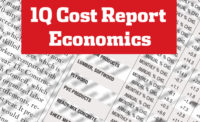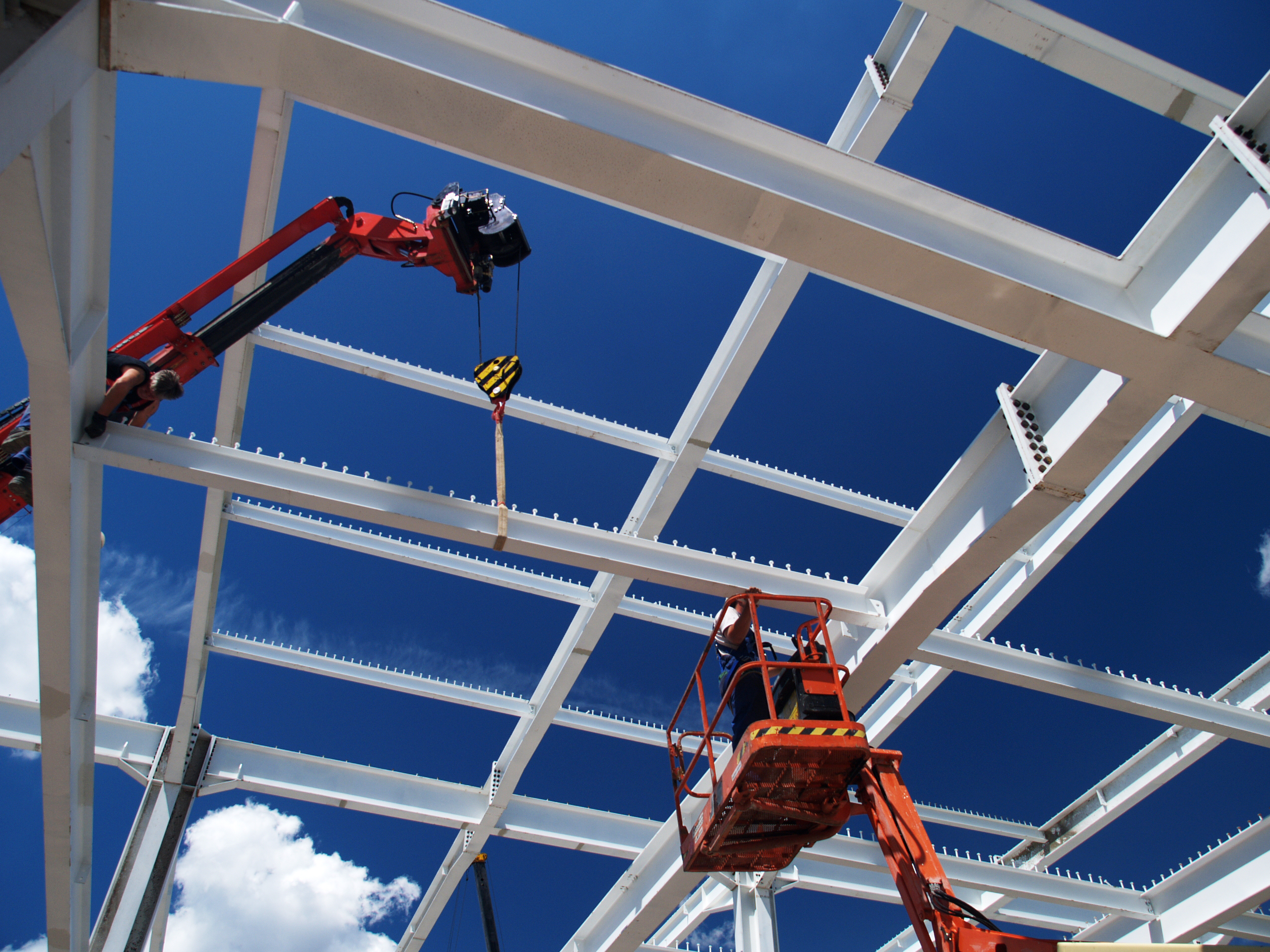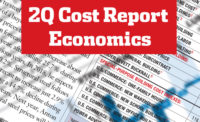Faced with a possible trade war erupting from a barrage of threats and counterthreats exchanged between the U.S. and China over tariff impositions, construction economists and equipment manufacturer representatives say the industry is growing increasingly edgy about the gathering unknowns and potential financial impacts on operations.
The concerns began rising last month in response to the Trump Administration's announced plan to impose global tariffs on steel and aluminum imports, which was then followed by a Chinese response threatening tariffs of its own.
The industry is looking at a time of "intense uncertainty," says Dennis Slater, president of the Association of Equipment Manufacturers (AEM). "Imposing U.S. and Chinese tariffs on construction and agricultural goods will cause economic damage to both consumers and producers in the world's two largest economies."
The concerns began rising last month in response to the Trump Administration's announced plan to impose global tariffs on steel and aluminum imports, which was then followed by a Chinese response threatening tariffs of its own that would tax $50 billion worth of U.S. goods, including soybeans, fruit and automobiles. President Trump then retaliated with a counterthreat of an additional $150 billion worth of tariffs on Chinese exports. While both sides recently appear to have softened their stances, with negotiations proceeding in secrecy, few are predicting how the trade tussle will end.
Alex Carrick, chief economist at ConstructConnect, weighs the impacts on steel suppliers versus buyers. "Primary steel producers may be OK with the impediments being raised to ward off foreign competition, but for the whole economy there are more nuanced implications to consider," he says. "For firms in the construction sector acting as buyers, the new steel tariffs raise concerns about supply availability and cost escalation. Profit margins under fixed-price contracts for work that is currently underway will be squeezed or eliminated."
As the industry tries to imagine how to mitigate for potential economic consequences, AEM's Slater plans to meet with federal trade officials to warn of the potential consequences of unilateral actions as well as the cost of uncertainty, particularly in rural areas of the country. "If the U.S. wants to challenge China's unfair trading practices, it must work in a constructive manner with other countries also negatively impacted. Acting unilaterally in the global economy only undermines our ability to obtain positive change."






Post a comment to this article
Report Abusive Comment